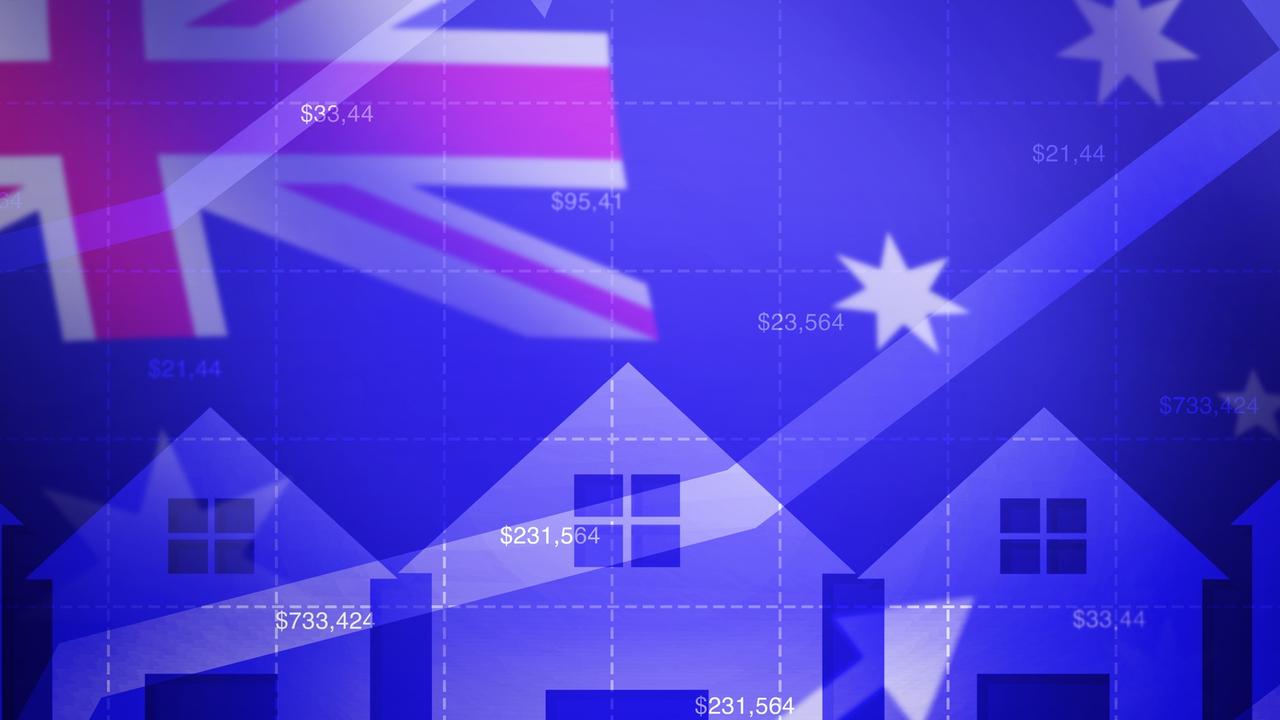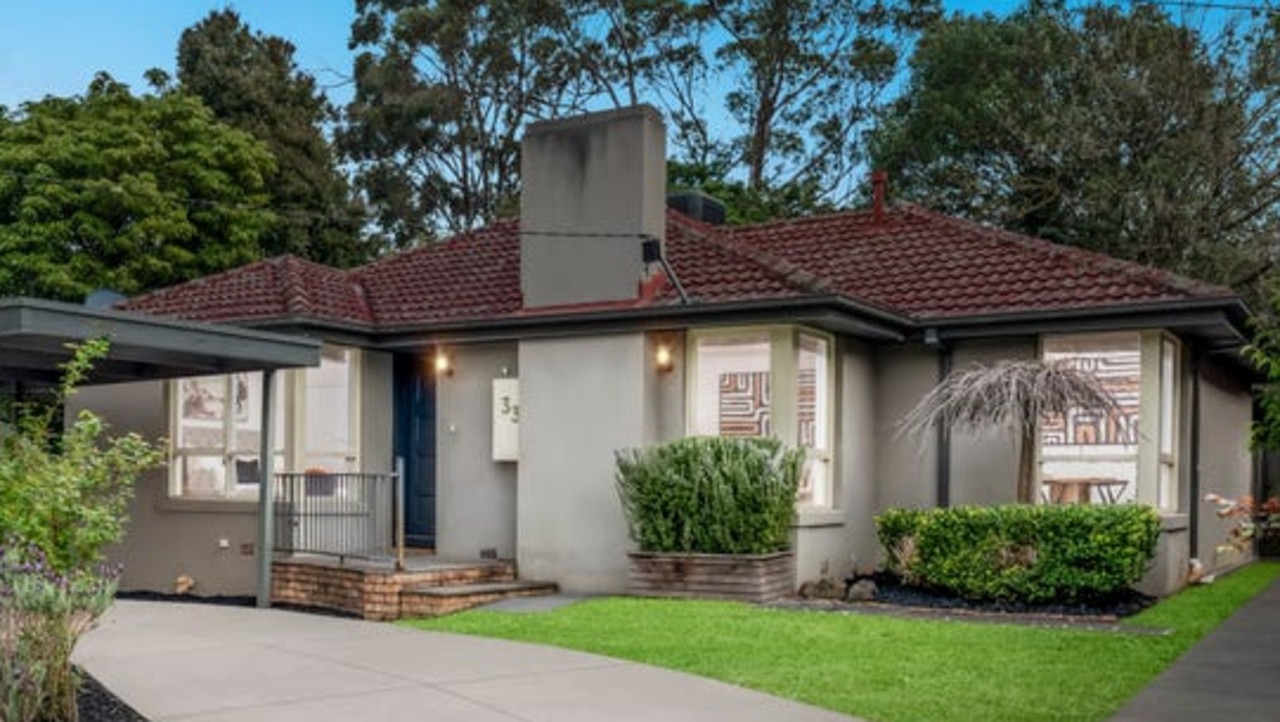Rental crisis: Worst federal seats to be a tenant in Qld
Rental affordability is at its worst in some of Queensland’s most marginal seats and those held by the Greens, with new data revealing the tenant vote could decide the next federal election.
Property
Don't miss out on the headlines from Property. Followed categories will be added to My News.
Rental affordability is at its worst in some of Queensland’s most marginal seats and rents have jumped in electorate held by the Greens, with exclusive new data revealing the tenant vote could decide the next federal election.
In the seat of Brisbane, held marginally by the Greens’ Stephen Bates, the average rent has climbed by a whopping 17 per cent in the past 12 months, while in Max Chandler-Mather’s electorate of Griffith, it has climbed nearly 16 per cent.
Electorates such as Bonner, Forde, Longman, and Dickson are on a knife’s edge politically, but they are also home to increasingly challenging rental markets, with the average tenant in these seats spending up to 35 per cent of their income on rent, according to the analysis by SuburbTrends.
Seven of the 10 worst federal seats across the country for rental affordability are in Queensland, led by Moncrieff on the Gold Coast — considered a safe electorate for the LNP — with 46 per cent of a tenant’s income required to keep a roof over their heads in the seat.
McPherson and Wide Bay were not far behind, with about 45 per cent of income being spent on rent.
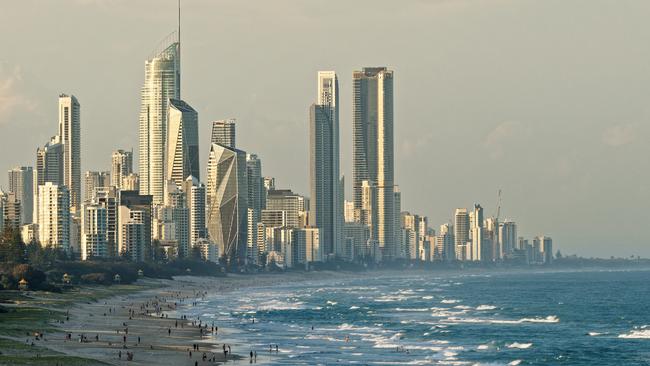
The Greens are already making demands for rent freezes to be introduced in order to give the Albanese government support on key housing bills, including the much vaunted Help to Buy co-buying scheme pledged by the ALP at the last election, but still not available — despite an election potentially being fewer than 12 months away.
The ALP has also signalled a growing bias to tenants, with back-to-back budgets increasing the cap on Commonwealth Rental Assistance.
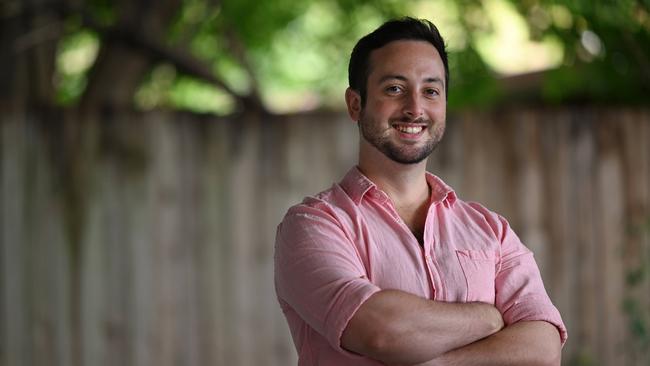
MCG Quantity Surveyors managing director Mike Mortlock said the analysis by SuburbTrends highlighted the gravity of the situation and its potential political ramifications.
“Rental increases in marginal seats are putting immense pressure on renters. With average rental increases exceeding 20 per cent, it’s becoming unsustainable,” Mr Mortlock said.
“This affordability crisis is not just a personal issue for renters but a significant political one that could influence the next federal election.”
Mr Mortlock said it was interesting to see some of the Greens-held seats in Queensland had experienced some of the biggest increases in median rents in the past year — particularly in the party’s housing spokesperson’s seat of Griffith.
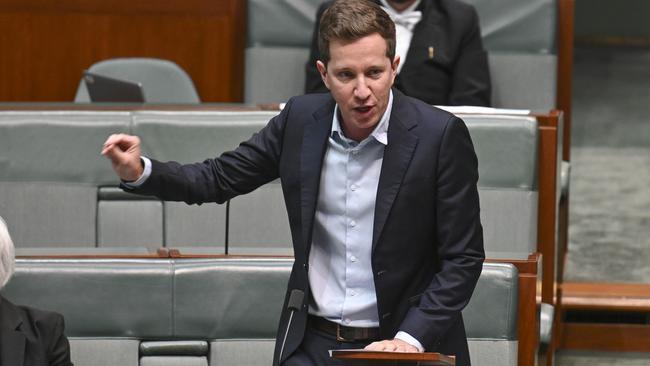
“Politicians targeting landlords as the root cause of the problem risk exacerbating the situation,” he said.
“Penalising landlords may lead to more investors exiting the rental market, reducing the
rental pool and worsening the crisis.
“I think politicians have an opportunity to implement some interesting policies around housing, but the risk is moving towards populist arguments which we’ve seen so far have led to some ineffective state legislation.”
Mr Chandler-Mather, the Greens’ housing and homelessness spokesperson, has been particularly vocal about his concerns private investors and third-party corporates are profiting from the housing affordability crisis.
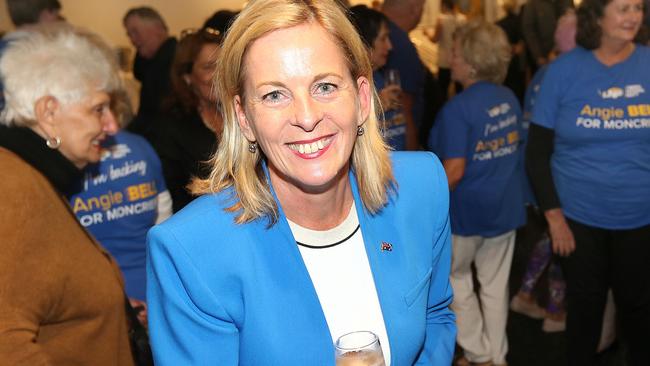
“Rents are soaring in my electorate because Labor refuses to put a cap on rent increases and has spent decades selling off and chronically underfunding public housing, while creating a housing system that allows developers and banks to make billions in profits,” he said.
“One third of this country rents, they are fed up with being treated like second class citizens and copping unlimited rental increases.
“We are fighting for a freeze and cap on rent increases and a guaranteed right to lease renewal, so renters can’t just be kicked out for no reason at the end of a lease.”
Mr Mortlock said as renters in these marginal seats grappled with escalating costs, their voting behaviour may shift, potentially challenging the dominance of traditional parties.
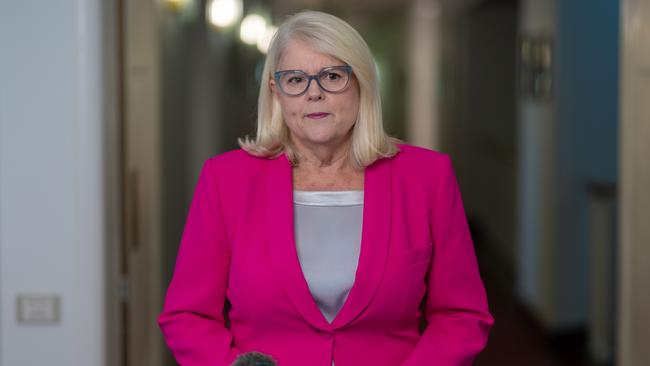
“If the major parties do not address this issue, we could see a significant shift in voter sentiment towards independents and minor parties who prioritise housing affordability.”
The Demographics Group director Simon Kuestenmacher said the data showed suffering would be more significant in poorer areas, as more income was being spent on rent.
“With more income spent on your rent, you cut back on food and petrol,” Mr Kuestenmacher said. “Your life becomes smaller and significantly poorer.
“It doesn’t matter which party gets elected if you care about housing affordability. It needs to become cheaper.
“Maybe we need to consider what NSW did and abolish stamp duty or fade out stamp duty if you’re taxed on your land downsizing, or right sizing as I call it. But, abolishing stamp duty is political suicide. Nobody will abolish stamp duty.”
Federal minister for housing Julie Collins said the government was helping nearly one million Australian households with the cost of rent by delivering the first back-to-back increase to Commonwealth Rent Assistance in more than 30 years.
“These are significant reforms, and they’re accompanied by real progress on renters’ rights, as well as incentives to increase the supply of rental housing by improving taxation arrangements for investments in build-to-rent accommodation,” Ms Collins said.
“We’ll continue to work closely with state and territories, as well as the sector, to ensure more Australians have a safe and affordable place to call home.”
Originally published as Rental crisis: Worst federal seats to be a tenant in Qld

